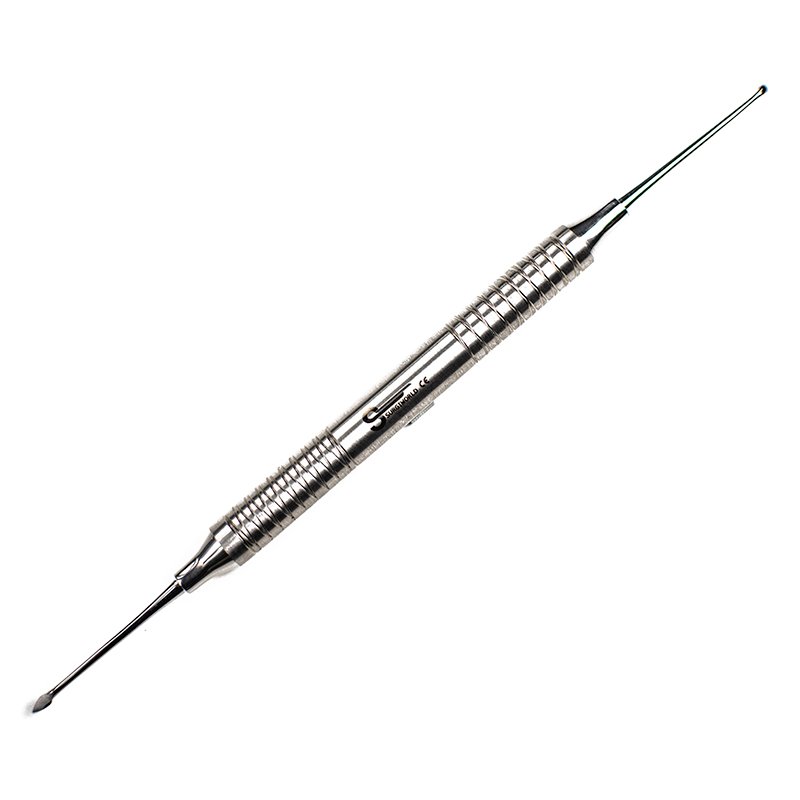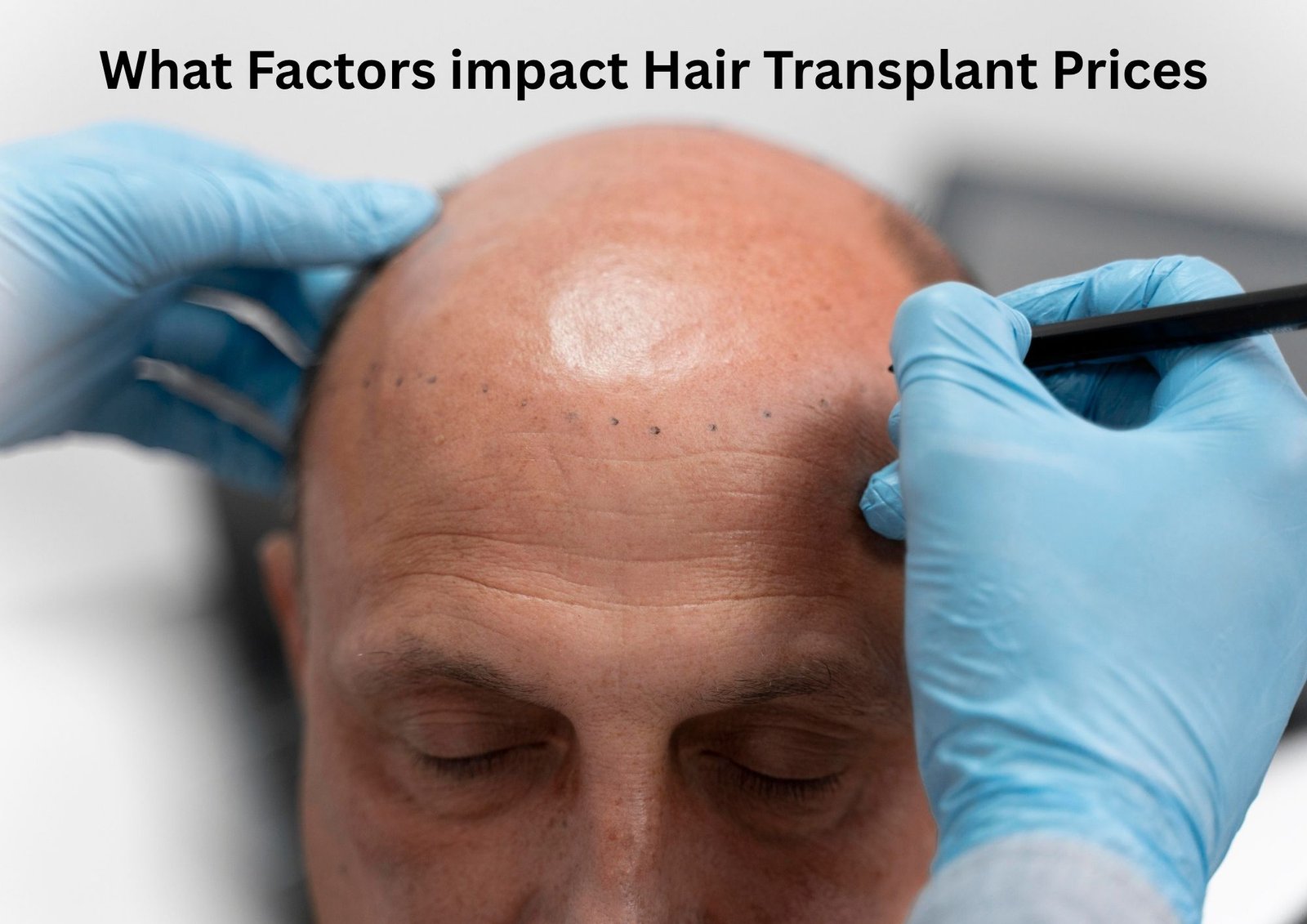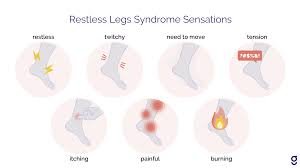Cosmetic surgery has become a widespread practice in modern society, with millions of people opting for procedures to enhance their appearance. The allure of improving one’s physical features through cosmetic surgery is often tied to the desire for increased self-confidence, better social interactions, and an overall sense of well-being. While the external transformations brought about by cosmetic surgery are highly visible, the internal changes to self-perception can be just as profound. Cosmetic surgery(الجراحة التجميلية) can reshape not only how we look but also how we view ourselves and how we think others perceive us. This article delves into how cosmetic surgery shapes self-perception, highlighting the psychological and emotional impact of aesthetic enhancements.
The Psychological Impact of Cosmetic Surgery:
Cosmetic surgery can have significant psychological effects, as it influences the way individuals see themselves. For many, physical changes through surgery can lead to a boost in self-esteem and a more positive body image.
- Increased Confidence: Individuals who undergo cosmetic surgery often report a greater sense of confidence. This newfound confidence can manifest in social situations, professional settings, and personal relationships.
- Enhanced Body Image: Those who were previously dissatisfied with specific features may experience relief and satisfaction after surgery. This change can reduce feelings of insecurity and foster a more positive body image.
However, it is important to note that the psychological impact of cosmetic surgery can be complex. While many individuals feel empowered, others may experience unrealistic expectations or feel a sense of disappointment if the results do not meet their expectations.
Social Perception and Its Influence on Self-Image:
The way others perceive a person can heavily influence how they view themselves. Cosmetic surgery often enhances physical features to align with societal beauty standards, which can lead to changes in how individuals are treated by others.
- Social Acceptance: People who undergo cosmetic procedures may experience better social interactions. A more aesthetically pleasing appearance can lead to increased attention, compliments, and acceptance from peers, contributing to an improved self-image.
- Cultural and Media Influence: Society and media often emphasize certain beauty ideals, such as youthful skin, symmetrical facial features, and a toned body. Individuals who align their appearance with these ideals may feel a greater sense of belonging within their social circles.
While the impact of societal perceptions can be motivating, it is essential to recognize that external validation should not be the sole driver for undergoing cosmetic surgery. Personal satisfaction and individual self-worth are critical to long-term happiness after the procedure.
The Role of Emotional Well-Being Post-Surgery:
Cosmetic surgery is not just about the physical change—it also plays a pivotal role in emotional well-being. After undergoing a procedure, many individuals report a heightened sense of contentment and emotional fulfillment, especially when they feel that their appearance matches their internal sense of self.
- Reduction of Negative Emotions: Individuals who were previously self-conscious about their appearance may find relief from the constant worry about how they look. The emotional burden associated with physical insecurities can be alleviated, leading to a greater sense of emotional stability.
- Improved Quality of Life: People who feel good about their appearance tend to enjoy higher levels of happiness and satisfaction in their daily lives. Cosmetic surgery can, therefore, improve not only emotional well-being but also overall life satisfaction.
However, it is essential for individuals to approach cosmetic surgery with realistic expectations to avoid potential emotional distress if the results do not meet their hopes.
The Influence of Age on Perception of Cosmetic Surgery:
Age is a significant factor in how people perceive cosmetic surgery and how it affects their self-image. Many individuals seek cosmetic enhancements to counteract the signs of aging, aiming to restore their youthful appearance and maintain a sense of vitality.
- Reversing Aging Effects: As individuals age, they may notice wrinkles, sagging skin, and other visible signs of aging that can affect their self-esteem. Cosmetic surgery offers a way to regain a more youthful appearance, which can contribute to feelings of rejuvenation and energy.
- Age and Confidence: For older individuals, plastic surgery can help restore lost confidence. This can be particularly important in professional and social settings, where youthful energy and appearance are often valued.
For many, plastic surgery becomes a means of regaining a sense of control over their appearance, especially when faced with the societal pressure to maintain youthfulness.
The Long-Term Effects on Identity and Self-Worth:
While plastic surgery may have immediate effects on self-perception, the long-term impact on identity and self-worth can be more nuanced. Over time, individuals may develop a stronger sense of self, especially when the procedure aligns with their personal desires rather than external pressures.
- Authenticity and Self-Expression: Plastic surgery can allow individuals to express their authentic selves by altering features they have long wanted to change. This can be empowering, as it fosters a sense of agency and control over one’s body.
- Potential for Dissatisfaction: On the flip side, individuals who undergo multiple procedures may find themselves caught in a cycle of seeking perfection. This pursuit of perfection can lead to dissatisfaction, as they may constantly feel the need to tweak their appearance to meet ever-evolving standards.
The key to maintaining a healthy relationship with one’s appearance after cosmetic surgery is striking a balance between external enhancements and internal self-worth.
Conclusion:
Cosmetic surgery has a profound impact on self-perception, shaping how individuals view themselves and how they believe others perceive them. Whether it’s the boost in self-confidence, the desire for social acceptance, or the quest to improve emotional well-being, cosmetic surgery can offer significant psychological benefits. However, the journey toward self-improvement through surgery requires careful consideration, realistic expectations, and an understanding of the complexities of self-worth. By addressing both the physical and emotional aspects of the transformation, individuals can ensure that their cosmetic surgery experience positively influences their self-perception and overall well-being.
















Leave a Reply